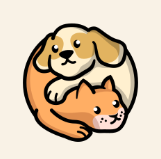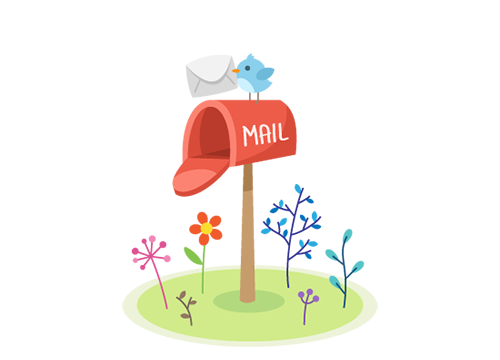Your bird’s food is just one part of its diet. It also determines your bird’s health, lifespan and energy levels. But what exactly is a balanced diet, and how do you know if you are feeding it correctly?
Components for a Healthy Birds Diet
To plan a healthy, balanced diet for your pet bird, you need to consider several factors. For the best bird diet possible, you should consider…
- Types and Categories of Food
Different birds require different diets and have different preferences. Although seeds, fruit, insects and grains are all part of a balanced diet, they may not be healthy for all birds. Your bird’s food should consist of the foods it enjoys. A balanced diet is necessary to maintain your bird’s health. - Texture
The bill is made up of keratin – the same substance that’s used to make hair and nails. Eating will wear the bill into the proper shape. This helps the bird grip and climb as well as to preen their feathers. A bird’s bills will wear evenly if it eats foods of different textures. Also, different textures provide mental stimulation and can keep a birds entertained. - Entertainment
Pet birds love to feed, so the more exciting their meals are, the more they will enjoy them. The bird will be more interested in the food if it is hung from a hook or puzzle toy. Foods in different colors will make the bird more interested and reduce boredom. - Quantity
Pet birds are not as active as wild birds. They do not have to escape predators, weather extremes or migrate far distances. Overfeeding your bird can lead obesity and to a variety of health problems. Be aware of the amount of food required by your bird and plan meals accordingly. - Grit
For some birds, like finches, doves, and canaries, small amounts of fine gravel or sand are essential. The grit is essential for their digestion as well as nutrient intake. However, not all bird species need grit. If you give it to them without thinking, this can cause digestive issues and health problems. - Treats
You can give your pet bird occasional snacks, so long as they are balanced with their overall nutritional needs, including variety and quantity. Treats can be used to practice exercises or play games with your pet bird. But make sure the treats are not just empty calories. - Water
Water is important for digestion and temperature regulation. You can provide water in a dish or a bottle. But the container needs to be cleaned and rinsed each day to prevent contamination. - Complements
In general, if your birds eat a balanced diet with the right food, they don’t need vitamin supplements. If your bird is not receiving the right amount of nutrition, a vet can prescribe supplements.
Dietary Modifications
Throughout a bird’s lifespan, the dietary needs of that bird will change. Growing, breeding, molting, and changing conditions in the environment can all cause your bird to need a new diet. To ensure your bird’s safety, changes should be made slowly and gradually. This will allow them to adapt without disrupting digestion. Consult a veterinarian immediately if the bird’s food preferences suddenly change. A veterinarian can identify health problems and complications.
A healthy bird will have a diet that is healthy. Make sure you are feeding your bird the right diet!

